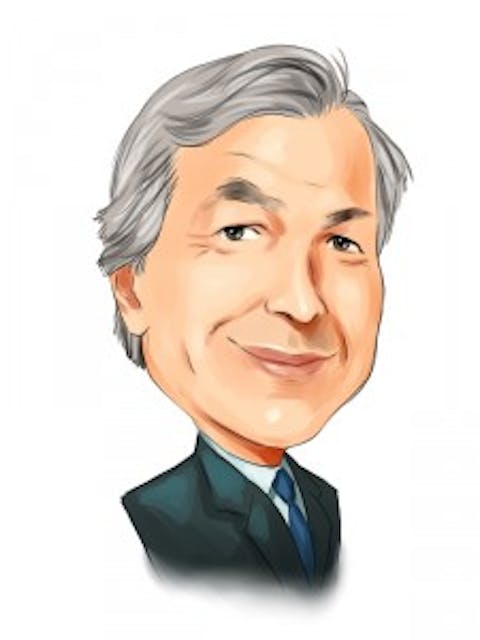![]() What does Paris Hilton have in common with Andrew Carnegie, JPMorgan Chase & Co. (NYSE:JPM), Carl Icahn, T. Boone Pickens and Henry Kravis, along with a host of other ultra-wealthy people?
What does Paris Hilton have in common with Andrew Carnegie, JPMorgan Chase & Co. (NYSE:JPM), Carl Icahn, T. Boone Pickens and Henry Kravis, along with a host of other ultra-wealthy people?
I am not talking about anything as obvious as having lots of money. The core concept here is a never-changing rule of wealth in a capitalistic society: Nearly every vast fortune was built upon investing in businesses.

This rarefied world of directly helping companies thrive is no longer just reserved for the wealthy. Today, anyone with a brokerage account can get involved in the business of funding a business. One of the easiest ways to do this is to invest in business development companies (BDCs).
My colleague Amy Calistri talks about dividend-paying dynamos like these in her Daily Paycheck advisory. BDCs lend capital to established small or midsize companies to assist their growth.
In fact, by investing directly in companies, BDCs have advantages that even the world’s wealthiest families would have a hard time attaining. The primary advantage available to the small investor in BDCs — other than access to a variety of vetted and proven companies — is liquidity.
When wealthy investors and institutions invest directly in private companies, there is generally a lockup of funds. This lockup means the invested dollars are unavailable for a period of time, which can sometimes be years. In contrast, shares of BDCs can be bought and sold with zero lockup of capital. This is a huge positive, particularly in a volatile economy.
Other advantages include consistently high dividend payouts, diversification across a wide swath of sectors, expert guidance, no corporate income tax, and the potential to profit despite rising interest rates. Let me explain the advantages in terms of taxes and rising rates.
Tax Advantages: In the eyes of the Internal Revenue Service, BDCs are pass-through entities, meaning they don’t pay corporate income taxes. Instead of directly paying tax, BDCs must pay out a minimum of 90% of their net income to shareholders, generally through dividends. In other words, shareholders are taxed on the dividends rather than the company being taxed.
Rising Interest Rates: This can create headwinds for nearly every investment. However, BDCs can be different. If the majority of a BDC’s funds are in floating-rate investments and it’s borrowing money at a fixed rate, the BDC can charge higher rates as rates increase, but the rates locked in by the BDC remain the same. This can result in the BDC increasing its earnings in an environment of rising rates.
My favorite BDC is Fifth Street Finance Corp. (NASDAQ:FSC), which fits all the points made above and has been in business for 15 years.
Fifth Street Finance Corp. (NASDAQ:FSC) calls itself an alternative lender that provides capital to proven small to midsize companies alongside world-class private equity companies. Here’s how it works: A private equity firm finds a company it wants to purchase, with the goal of unlocking the untapped potential or other value inherent within the targeted company and selling the company at a profit. The private equity firm provides the equity to purchase the company, and Fifth Street Finance Corp. (NASDAQ:FSC) steps in by providing the needed debt. Fifth Street Finance Corp. (NASDAQ:FSC)’s profits come from interest and capital gains.




